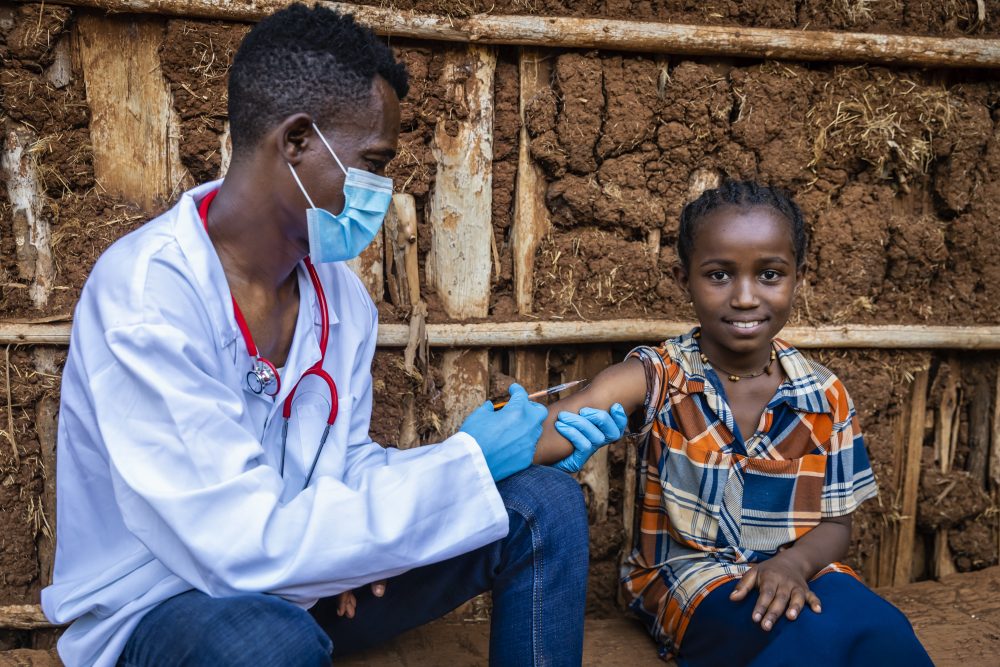
The 21st century has brought with it calls for new educational practices that focus on developing students’ critical reasoning especially in relation to subjects such as mathematics and science. In fact, the ability to reason critically is one of the core foundations of scientific inquiry. However, attainment in science across the world is vastly divergent, with countries in the global North often outcompeting countries in the global South in benchmarking tests of science such as the TIMSS (Trends in International Mathematics and Science Study) (Spaull, 2013; IEA, 2019). In South Africa, particularly, students perform extremely poorly in science on the TIMSS tests, well below what one would expect form a middle-income country. There is a body of research suggesting that teachers’ conceptions of how science is learnt impacts on their pedagogical practice, which in turn, impacts on how a student learns science and their feelings of self-efficacy in the learning process (Zhou, Li, Chai, Tsai &Liang, 2022). We want to understand what underpins poor performance in science, by means of a survey that aims to elicit whether teacher conceptions of how students learn science predicts children’s performance in science.
Quality Education
We view quality education as a social justice issue. Through education we can correct the injustices of inequitable pasts that many people in the global South have been subjected to.We are also aware that one of the main routes out of poverty identified in research is a good education. The 21st century has ushered in the 4th Industrial Revolution (IR) that calls for core competencies that students need to acquire to navigate the new century successfully. The 4th IR calls for school curricula that can develop the 5 core competencies to enable them to participate in the emerging workplace and as active citizens, as evidenced by improved international benchmarking: critical thinking, communication, collaboration, creativity, and computational thinking. These core competencies, we argue, form the basis of what is achieved in school science, when it is taught in a robust manner, which it often is not (Spaull, 2013). To understand how we can change science teaching so that children are able to compete successfully on international benchmarking tests, we first need to know how teachers are currently teaching science, how children are learning science and children’s self-efficacy in learning science.
How?
- Multinational survey of whether teachers’ conceptions of learning science predict students’ approaches to learning science and their self-efficacy in learning science.
- 11 countries
- Teacher and student survey.
- N-20 schools per country. Teachers- n=6 per school. Students n=270 per school.
- Grades 5-7 because this is when 1) science is taught in a more structured manner and 2) children are developmentally at a level of thinking where they can engage concretely with a survey and can read well.